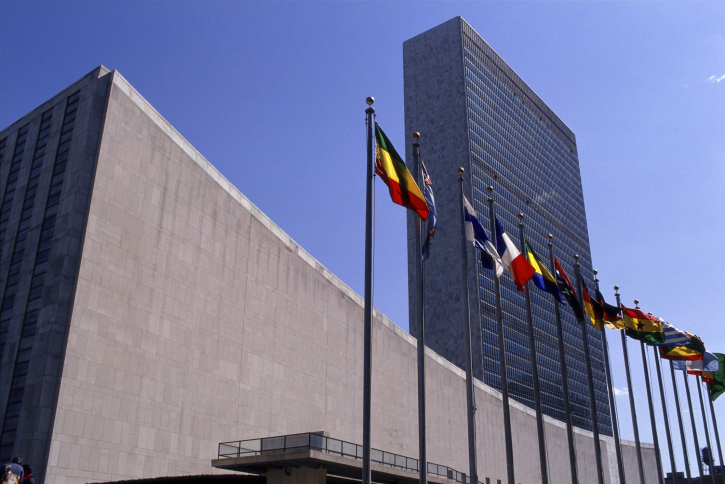As the UN-sponsored climate change conference in Lima, Peru drew to a close in mid-December, a poll by the United Nations and associated organizations showed millions of respondents around the world had little interest in action to address climate change.
Of the 16 priorities from which respondents could choose, “Action Taken on Climate Change” finished dead last.
The poll was conducted by My World, a United Nation global survey unit. “Working with partners,” My World’s website explained, “we aim to capture people’s voices, priorities and views, so world leaders can be informed as they begin the process of defining the next set of global goals to end poverty.” In addition to UN funding, My World is supported by the Overseas Development Institute and Ipsos MORI, a leading market research company in the UK.
Priority Rankings
As of Dec. 25, the survey had received opinions of more than 7 million respondents from 195 countries. The respondents’ top priority was “a good education,”
The rankings in terms of highest priority to lowest were: A Good Education (4,695,890); Better Healthcare (3,955,748); Better Job Opportunities (3,806,014); An Honest and Responsive Government (3,219,620); Affordable and Nutritious Food (2,846,323); Protection Against Crime and Violence (2,735,432); Access to Clean Water and Sanitation (2,608,928); Support for People Who Can’t Work (2,339,940); Better Transport and Roads (2,246,193); Equality Between Men and Women (2,229,670); Reliable Energy at Home (2,124,244); Freedom from Discrimination and Persecution (1,975,007); Political Freedom (1,962,912); Protecting Forests, Rivers, and Oceans (1,779,040); Phone and Internet Access (1,730,721); and, in last place, Action Taken on Climate Change (1,416,167)
Action Taken on Climate Change received more than 300,000 fewer votes than Access to Telephone and Internet. Because most of the 195 countries represented in the survey are economically underdeveloped, it is arguably unsurprising that priorities such as better job opportunities and access to clean water and reliable energy at home were seen as more important than dealing with climate change.
Divide Between Public, Elites
Commenting on the rankings, Paul Driessen, a senior policy advisor with the Committee for a Constructive Tomorrow in Washington, DC, said, “It’s last on the list because people know climate-change programs will undermine all the other imperatives. They would keep people trapped in poverty, misery, disease, and early death because the only way out requires hydrocarbons for reliable, affordable electricity and motor fuels. Decent education, healthcare, jobs, food, clean water, and sanitation would be out of reach if people are forced to rely on wind, solar, and biofuels. Even environmental quality would suffer, because bans on fossil fuels would force people to turn more wildlife habitats into fuel.
“In a nutshell,” Driessen said, “‘climate action’ would give UN and rich-country bureaucrats the power to tell the world’s poor, ‘Sorry, you can’t have the living standards we enjoy, because that would hurt the climate.'”
INTERNET INFO
My World, We the Peoples, http://heartland.org/policy-documents/we-peoples-celebrating-7-million-voices; and supporting data; http://data.myworld2015.org/





